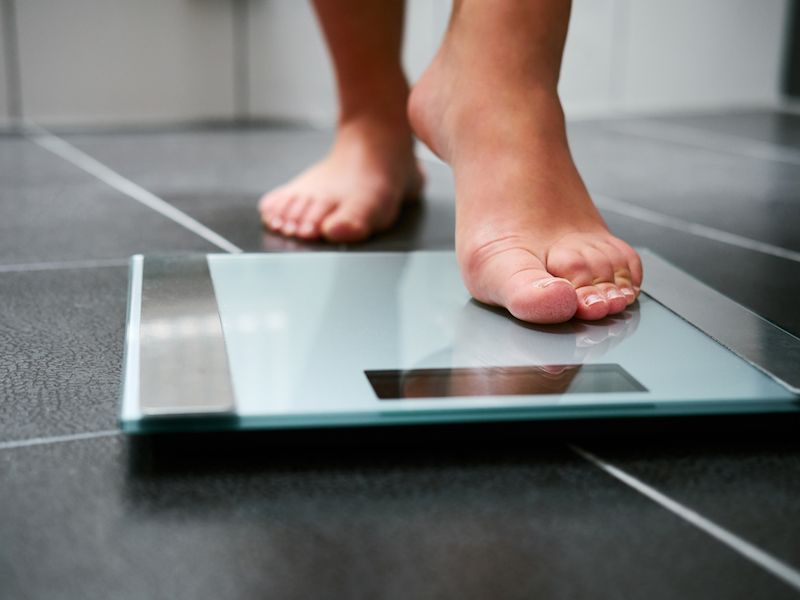
We’ve long known that overeating is harmful to our health, this is especially true over time. Obesity is associated with quite a few health conditions. You can add hearing loss to diabetes, high cholesterol, and heart disease as a possible problem. It’s calculated that about 48 million people in the United States, loss of hearing is an issue for about 20% of the U.S population, and in adults it’s virtually twice that number, 93 million, are obese. Throughout the country, these staggering statistics indicate a serious health concern.
What is The Link Between Hearing Loss And Being Overweight?
Various studies have demonstrated that there’s a relationship between being overweight and loss of hearing. Even though researchers are still researching the link, it’s believed that being overweight is linked to loss of hearing because the circulatory system is impacted. Also, hearing loss is related to high blood pressure and diabetes which are recognized to be associated with being overweight.
Sound in the ear is detected by little hairs in the inner ear. To be able to work correctly, these small hairs, called stereocilia, require a steady blood flow. Because of obesity, the flow of blood is restricted throughout the body because the heart must work extra hard to get the blood to flow around the body, which means that there is not enough blood flow supplied to your ear. This could permanently harm the ears. Heart disease, high blood pressure, and diabetes affect the inner ear in the same manner, since each of these diseases adversely effects your blood flow.
It’s particularly worthwhile to keep your weight under control as you age since age-related hearing loss is also related to a high fat mass index. Your body’s metabolism can’t work as well or as fast as it did in the past, which is why you need to attempt to stick to healthy habits that you started when you were younger.
A good diet and exercise are excellent for your overall health and your ears.
Obesity Related Hearing Loss Treatment Options
It’s possible that you may not be capable of recovering your lost hearing if it’s triggered by obesity, still, it’s always best to have your ears evaluated to determine the extent of your loss of hearing. If you have irreversible damage, you may need a hearing aid or other device to begin hearing properly again.
If the injury is only slight, you may want to consult your physician before your health becomes worse, about making a diet and exercise plan to minimize the impact your weight has on your well being. Your doctor should recommend a cardio intensive exercise routine that will get your blood pumping and strengthen your overall health. You will most likely find that other aspects of your life also get better, like mental health, since day to day exercise has been shown to lessen depression.
Obesity-Related Hearing Loss, How to Prevent it
diabetes, heart disease, and high blood pressure Keeping your body healthy can also assist in keeping your hearing in superior shape. A program that can help you reach your goals and that is customized for you can be created by a nutritionist. The nutritionist can make certain you’re consuming the best blend of nutrients in healthy foods, such as foods that are high in iron, because of course, a lack of iron in your diet can exacerbate your hearing loss and lead to tinnitus.
Learn more regarding hearing loss and the treatment options available to help you hear better.
